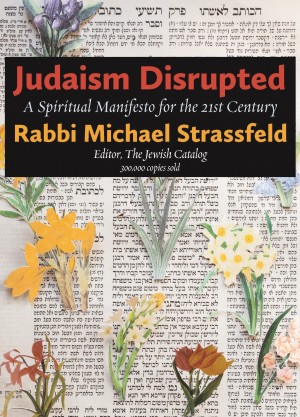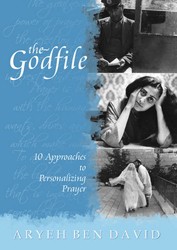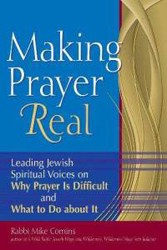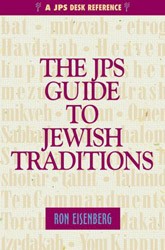Rabbi Jeremy Kagan, principal of Midreshet Tehilla, a post-high school seminary in Jerusalem, has written a thoughtful work, based primarily on Rabbinic primary and secondary sources, in which he discusses the development of the self in its relationship to God, the parallels of personal development to the evolution of the Jewish people throughout the course of its history, and dealing constructively with contemporary cultural challenges in light of his explications of our personal and national realities. Rabbi Kagan begins by discussing his atypical background for an Orthodox Jewish thinker and educator — attending a predominantly Japanese prep school in Hawaii followed by undergraduate studies at Yale — as well as a most intriguing premise: “A world view is an integrated whole; how can any well-adjusted person…move beyond the one he is in? This book is in part the product of my fascination with this question. ” R. Kagan proceeds to address his Jewish traditional audience with a series of engaging, organized, and well-thought out excurses intended to seriously address and even justify an intellectual individual’s religious journey toward intensified religious belief and observance.
While the author draws predominantly on Rabbinic sources for the foundations of his sophisticated analyses of the issues that he raises, e.g., Talmud, Midrash, RaMChal, MaHaRaL, R. Eliyahu Dessler, R. Yosef Bloch, and R. Moshe Shapiro, his past secular learning is represented by an intriguing discussion of the relationship between science and religion as well as serious considerations of aspects of the work of Descartes and Piaget. Of particular interest should be his wide-ranging presentation of theological, psychological, and philosophical dimensions of the issue of man’s free choice, a topic that has always constituted a conundrum for believers in the Divine. While by the author’s own admission, sections of this work are challenging and may require rereading, his generous peppering of the text with contemporary analogies and examples goes far to make the complex ideas accessible. The educator in R. Kagan is very much in evidence in the helpful synopsis and overview of the various arguments included in the book that appears at the end of this work. Appendices, glossary, notes.
Join a community of readers who are committed to Jewish stories
Sign up for JBC’s Nu Reads, a curated selection of Jewish books delivered straight to your door!





